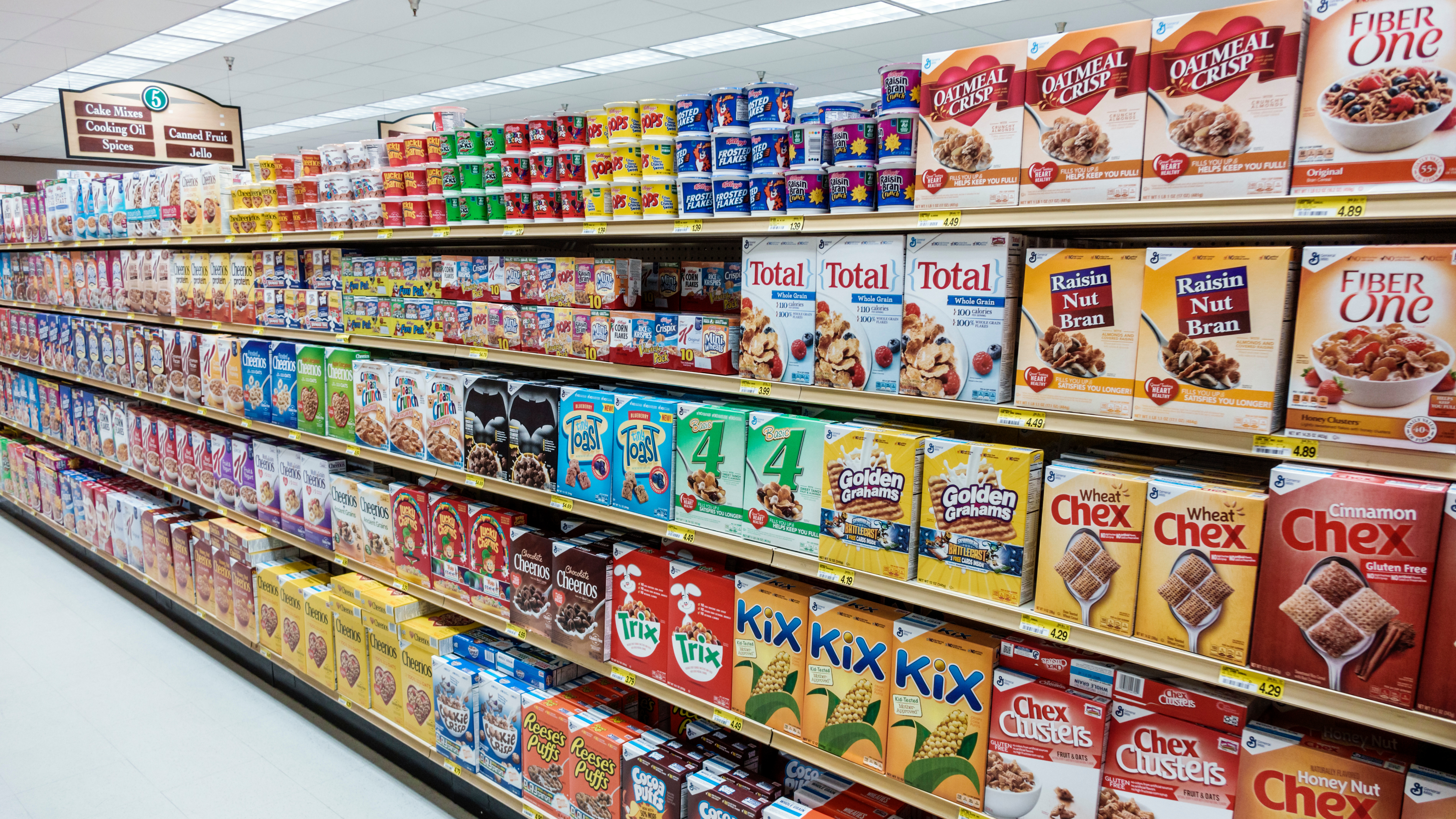CDC: Do Not Eat Kellogg's Honey Smacks [UPDATED]
FRIDAY, JULY 13 UPDATE: Almost a month after the CDC's original announcement, the Centers For Disease Control notes that Honey Smacks remain on some grocery store shelves, even though "27 more ill people from 19 states were added to this outbreak since the last update on June 14, 2018." Consequently, the CDC states in no uncertain terms: "CDC recommends people do not eat any Kellogg's Honey Smacks cereal because it has been linked to a multistate outbreak of Salmonella infections." Just in case that's not clear enough, the bulletin continues, "Do not eat any Kellogg's Honey Smacks cereal, regardless of package size or best-by date. Check your home for it and throw it away, or return it to the place of purchase for a refund." Sorry, Dig'em fans.
FRIDAY, JUNE 15: Recent salmonella and E. coli warnings have involved vegetables and fruits like romaine lettuce and cut melons—produce seems to be more vulnerable to pathogens than pre-packaged foods. But apparently, that's not always the case, as Kellogg's announces a recall today of Honey Smacks cereal (the one with the frog, whose name is Dig'em).
The New York Times reports that the outbreak is already fairly widespread, sickening "73 people in 31 states, according to federal health officials, prompting a recall of some of the product this week. As of Thursday, 24 people had been hospitalized, but no deaths had been reported." So if you're a Honey Smacks lover in United States, Costa Rica, Guatemala, Mexico, the Caribbean, Guam, Tahiti, or Saipan, check your box top. The Center For Disease Control And Prevention states that 15- and 23-ounce boxes with a use-by date of June 14, 2018, through June 14, 2019 should be tossed. If you're one of those fancy people who puts their cereal in a separate container for extra freshness, clean those out too.
In a statement, Kellogg's offers a refund to those who have purchased possibly affected boxes, and stresses that no other Kellogg's products are affected. No word on how these particular cereals became infected, and at what facility.
